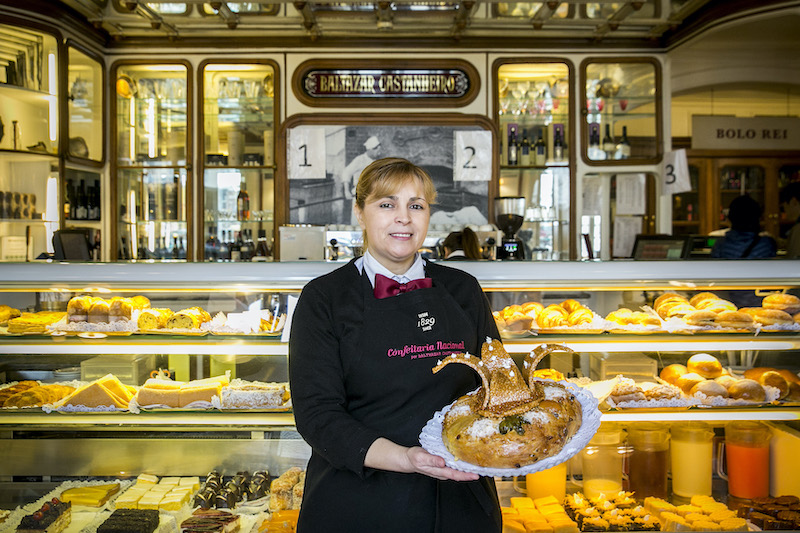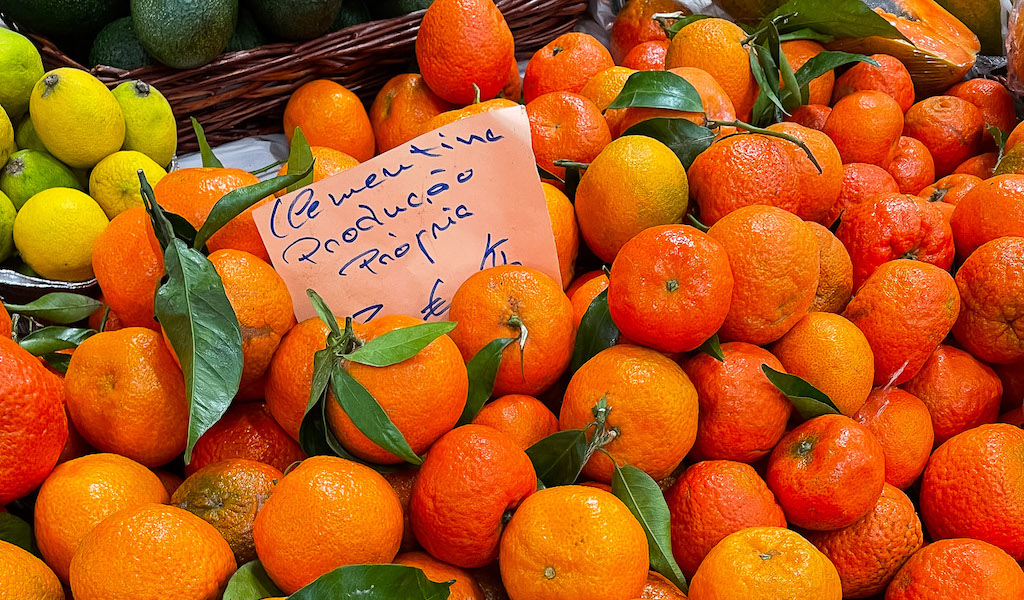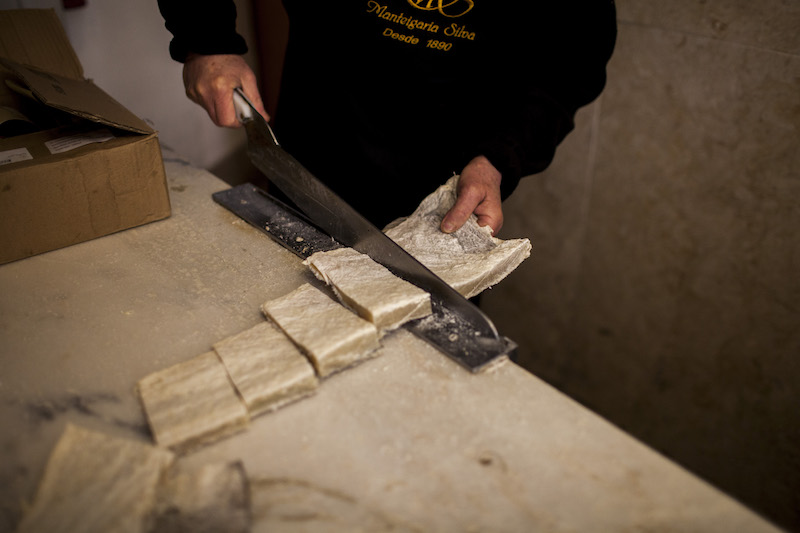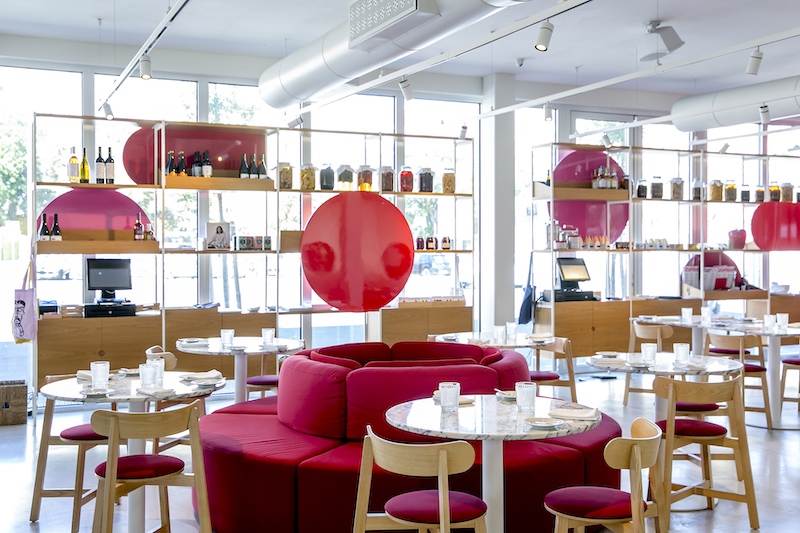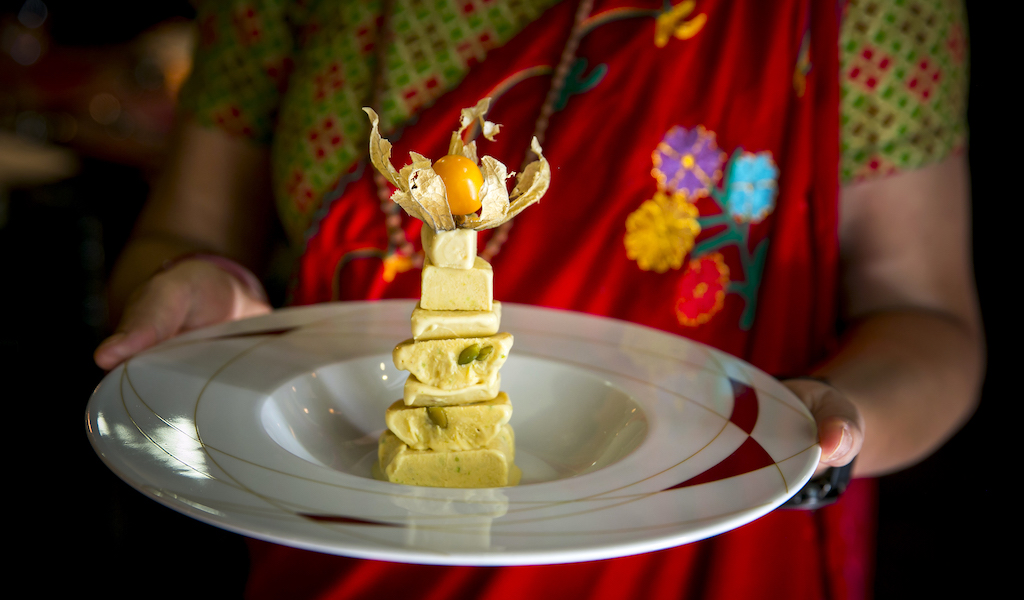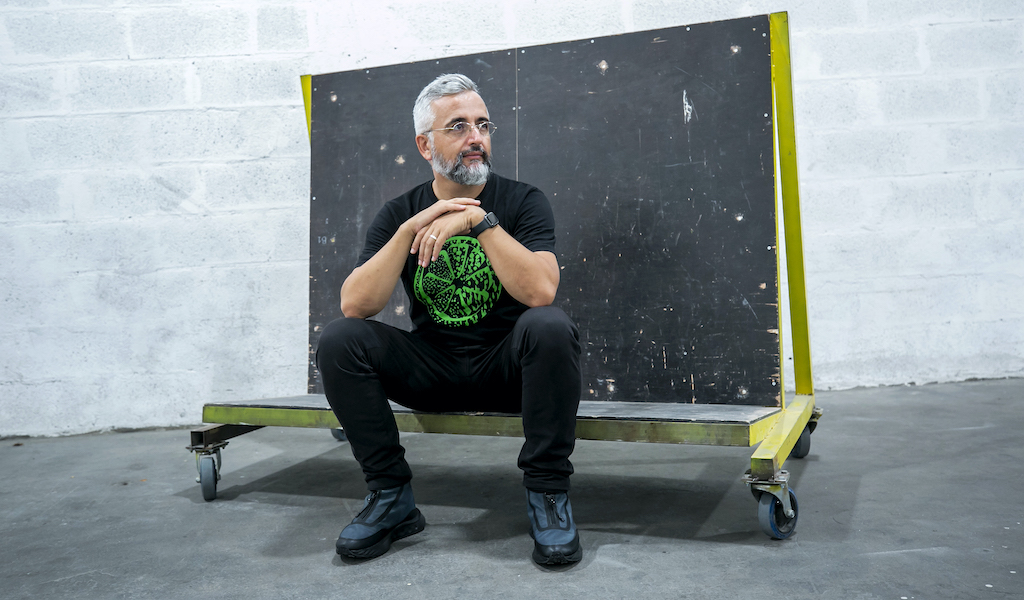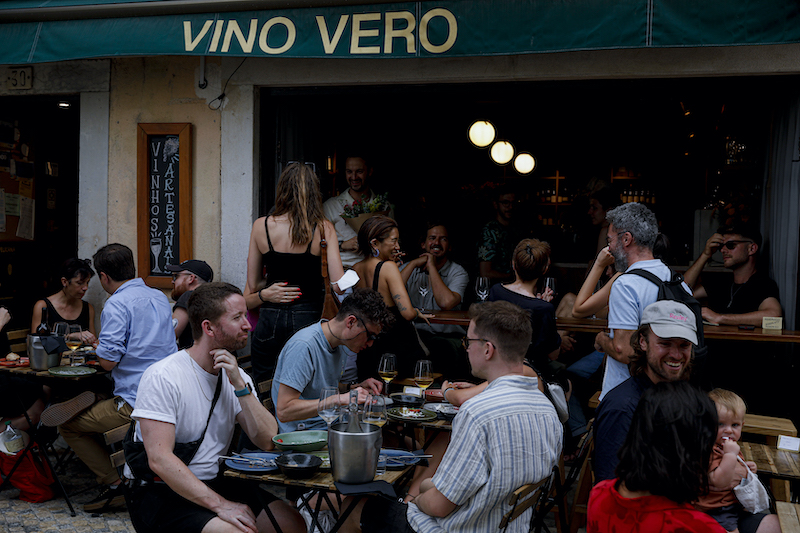We can't find the internet
Attempting to reconnect
Something went wrong!
Hang in there while we get back on track
Search results for "Célia Pedroso"
Lisbon
Confeitaria Nacional: The King of King Cake
In a nation with so many baking and confectionary traditions, it’s surprising that one of the most popular cakes – the bolo-rei – was imported from another country (a sweet tooth does not discriminate, apparently). Translated as “king cake,” the bolo-rei was brought to Portugal from Toulouse, France, by one of the oldest bakeries in Lisbon, Confeitaria Nacional. Over the years, the bolo-rei has become a staple during the festive season: ubiquitous on the table before, during and after Christmas and New Year, and certainly a must for Dia de Reis (Epiphany) on January 6, when it’s baked in its fanciest form with a nougat crown (made of caramel and almonds) and fios de ovos (“egg threads,” or eggs drawn into thin strands and boiled in sugar syrup).
Read moreLisbon
Best Bites 2022: Lisbon
What a year this was. The breath of fresh air that returned to Lisbon after the lifting of pandemic regulations was tempered by the tragic return of war to Europe. Rising inflation and the difficulty local restauranteurs faced to find staff created further challenges for Lisbon’s food industry, which was only starting to emerge out of its Covid-induced slumber. Still, the summer of 2022 was quite busy for restaurants with crowds returning to gather around a table, celebrating food and wine without masks and without groups restrictions. We were happy to return to some of the places we love the most, and discover new restaurants, bars and bites that the past year has brought to Lisbon.
Read moreLisbon
Bacalhau: At Christmas, It’s in Cod that Lisboetas Trust
The black-and-white photo shows a crowd, a policeman and José Martins holding a piece of salted cod, all crammed together in Manteigaria Silva, a small, historic shop in Baixa. It’s from a newspaper clipping dated December 10, 1977 – Christmas season. That year Portugal experienced a shortage of bacalhau, the beloved salt cod that was (and still is) a Christmas Eve favorite, and the people of Lisbon were so desperate to get their preserved fish that the police were often called in to maintain order. The scene at Manteigaria Silva played out at shops across the city. José, who still oversees the bacalhau section at Manteigaria Silva, remembers those days well. “Hard to imagine now but people were fighting for salt cod, that’s why we had to call the police,” he recalls.
Read moreLisbon
Zunzum Gastrobar: New Port of Call
While the pandemic has forced many restaurants in Lisbon to shutter their doors, even if only temporarily, and fight for their survival, it left chef Marlene Vieira with a related yet slightly different dilemma: Her latest venture, Zunzum Gastrobar, was scheduled to open in March, before being postponed indefinitely due to the Covid-19 lockdown. The delay worried Vieira – so much work had already gone into the project. As the city started coming back to life, the chef assessed the situation and felt it was better to open in the beginning of August rather than waiting for September, when the reopening of schools and other measures might bring new challenges to everyday life. “Now it’s a relaxed time, people are on holidays or feeling less stressed,” she says.
Read moreLisbon
Casa Nepalesa: Lisbon’s New Momo King
When Tanka Sapkota, originally from Nepal, arrived in Portugal 25 years ago, Lisbon was a very different city. There were no Nepalese restaurants and the only momo people knew of at that time was the King of Carnival (Rei Momo). Tanka says there were only four people from Nepal in the country, including him. “And now there are around 20,000,” he says, smiling. He first came to Lisbon for two weeks before deciding to move in 1996. Three years later, he opened his first restaurant. However, he didn’t start with a Nepalese restaurant, but with an Italian one.
Read moreLisbon
Paulo Amado: Cooking Up Change
The annual Congresso dos Cozinheiros (the Congress of Cooks) returns to Lisbon this 25th and 25th of September, with two days of events, workshops and conferences. It’s one of the highlights of the year for professional chefs, but also an event open to all food and restaurant lovers. The theme of this year’s Congress is a particularly rich one: Conexão Africana – the African Connec-tion. The gathering is organized, as always, by Paulo Amado, a man who has battled and worked end-lessly for chefs and restaurants in Portugal. Paulo is a jack of all trades; an author, musician and songwriter. He is perhaps most widely known for Edições do Gosto, his multidisciplinary company dedicated to Portuguese gastronomy.
Read moreLisbon
Vino Vero: Natural Wine Oasis
On Travessa do Monte, one of the friendliest streets in Lisbon’s Graça neighborhood, natural wine flows as freely as conversation. We’ve come here, right by the arch and with a narrow view of the city and the river, to have a glass with Giulia Capaccioli and Massimiliano Bartoli, two Italians from Tuscany who met in Venice and now live in Lisbon. The pair’s bar, Vino Vero, which they opened in April 2019, is the spring that feeds this natural wine oasis. To fully understand the origins of this wine bar, we need to go back to Italy. There, in Tuscany, Massimiliano’s brother, Matteo, has a winery producing natural wine – that is, wine to which nothing is added or taken away.
Read more